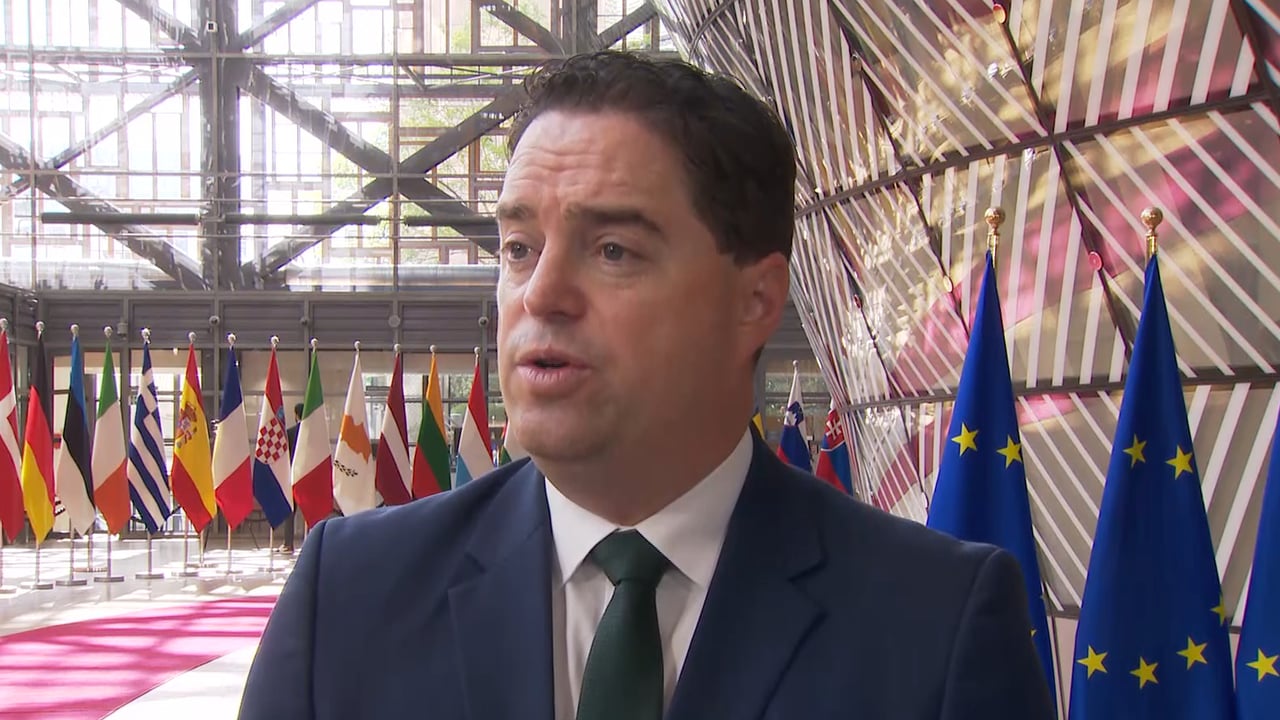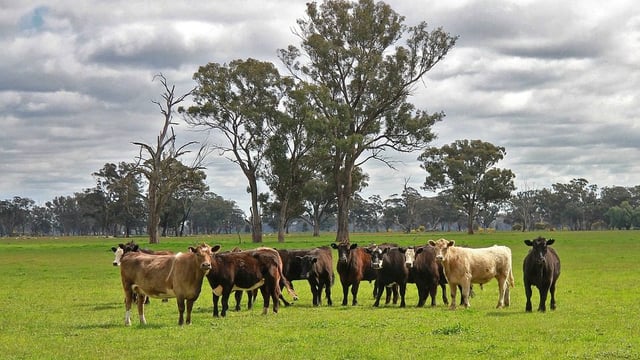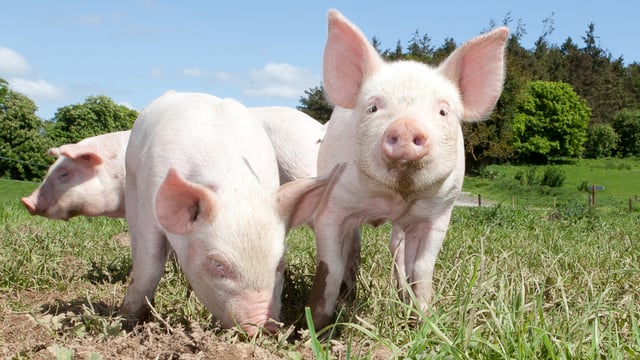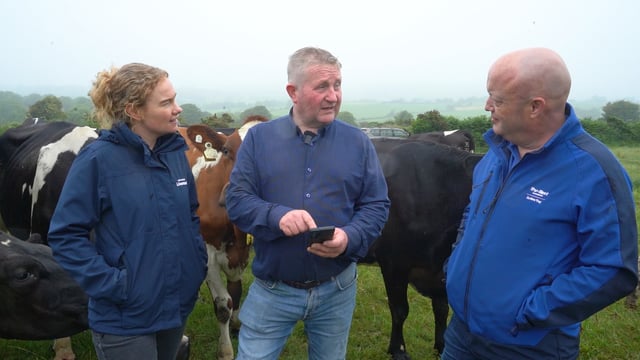CAP simplification must deliver for farmers - minister
Minister for Agriculture, Food and the Marine Martin Heydon has said that efforts to simplify the Common Agricultural Policy (CAP) must benefit farmers.
The minister was speaking during a meeting of the Agriculture and Fisheries Council (AGRIFISH) yesterday (Monday, May 26).
The council held a policy debate on the vision for agriculture and food, published by the European Commission in February.
EU agriculture ministers emphasised the need for an adequate and separate budget for the CAP so that it can meet the ambitious objectives of the vision, with many indicating that the CAP should continue to be based on two pillars.
Minister Heydon told the meeting that Ireland "welcomes the changes to the performance clearance and amendment processes which should go some way to easing the administrative burden for member states."
"In relation to conditionality, I welcome the proposed reference to recognition of national requirements while setting conditionality standards.
"I would have liked to have seen the proposal on conditionality go further in terms of taking account of overlaps with existing national EU requirements, particularly in relation to GAEC 2.
"But I do welcome the proposed extension of the period of support of new mandatory requirements from the current 24 months to the end of the programming period for agri-environmental measures and to 36 months for investments," he said.
"A first impression of these proposals may be of limited direct benefit to Irish farmers. For instance, our family farm structure means that while we have very few very large farms, we equally do not have a large number of very small farms.
"So the initiatives related to the small farmers scheme are of little benefit to Ireland," he added.
Minister Heydon welcomed that the CAP simplification package was being examined by experts from the Special Committee on Agriculture (SAC).
"It is clear that we need to have these detailed proposals examined by experts. This may also provide the opportunity to discuss some additional options for simplification.
"I know there is a lot of work involved in the simplification package and we need to ensure that the end results deliver some real reduction in the administrative burden for farmers and for member states.
"My priorities are for a CAP that is more straightforward for farmers, more flexible and responsive with an appropriate balance between all elements of sustainability and above all a CAP that has a dedicated and sufficient budget," he said.
Minister Heydon said that the EU Vision for Agriculture and Food provides "a strong platform for intensified cooperation in the period ahead".
"More than ever, it is essential that we work together to support the agri-food sector and to underline its critical importance to the future strategic autonomy and stability of the EU as a whole," he said.
Minister Heydon also told the AGRIFISH Council that there is "a clear need" to explore "a more simplified approach" to the EU Deforestation Regulation (EUDR).
"In particular, there are opportunities to reduce complexity where deforestation is low or insignificant.
"There is also potential to use data from national traceability systems to demonstrate compliance with EUDR at EU member state level," he said.
Minister Heydon said that Ireland supports the call to for a further delay in the implementation of the regulation in order to address these issues.
Last week, the European Commission has published the first benchmarking list, which classifies countries according to their “low”, “standard”, or “high” risk of deforestation.
This country classification takes into account the production of the seven commodities covered by the EU Deforestation Regulation (EUDR), including cattle, cocoa, coffee, oil palm, rubber, soya and wood.
The aim of the EU Deforestation Regulation, according to the European Commission, is to ensure that goods in the EU market do not contribute to deforestation and forest degradation, both within the EU and globally.
The new regulation means that companies will only be allowed to sell products in the EU if the supplier provides a “due diligence” statement confirming that the product does not come from deforested land or has led to forest degradation.
The regulation was set to come into effect at the end of 2024. However, this was deferred until the end of 2025, and mid-2026 for smaller businesses.





